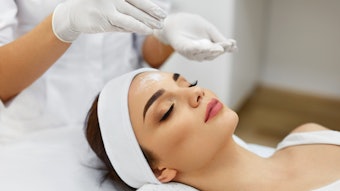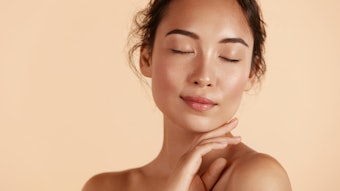
The shift to remote work during the pandemic led to a surge in video conferencing. Zoom estimates that daily video meeting participants grew from approximately 10 million in December 2019 to more than 300 million in April 2020.
At the same time, dermatologists and other aesthetic physicians have reported a rise in the number of patients they’re seeing with negative self-perceptions.
“Society quickly transitioned to a remote way of working and socializing during the COVID-19 pandemic, communicating largely through video calls during a stressful and isolating time,” said board certified dermatologist Shadi Kourosh MD, MPH, FAAD, in her presentation for the AAD VMX 2021 meeting. “As reliance on video calls increased, we started seeing the consequences of how prolonged time staring back at yourself significantly impacted our patients in a phenomenon we call 'Zoom dysmorphia.'”
In a survey of more than 100 dermatologists, Dr. Kourosh found that more than 50% reported a rise in cosmetic consultations, despite being in the midst of a pandemic.
She shares the following tips you can offer patients to help them combat Zoom dysmorphia:
- Assess your technology: Consider using an external, high-resolution camera for quality video and adding a ring light to control how you illuminate your face, which will also improve how you appear on camera.
- Adjust your camera: Try positioning the screen a further distance away from your face and keep the camera at eye level, which can help to minimize the distortion of the camera and improve appearance.
- Protect your mental health: Find opportunities to reduce the amount of time spent looking into a front-facing camera by turning off your video on calls when it is not required. It can also be helpful to limit social media engagement. Since photo editing is so pervasive on social media, it’s unhealthy to compare your own distorted images from front-facing cameras to edited and augmented photos posted online. It may also help to talk with a mental health professional, who can help a person take a healthier approach to their appearance and offer strategies for redirecting ones focus away from perceived physical flaws.











